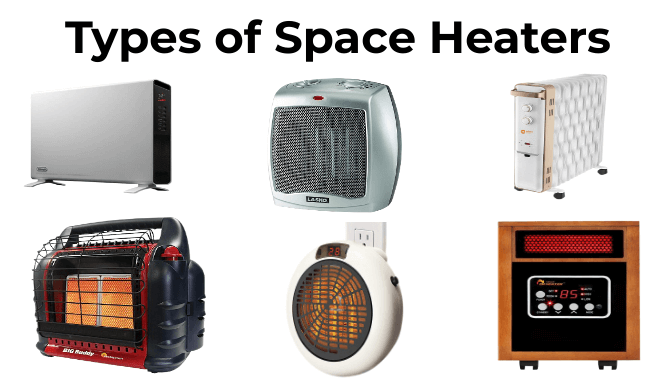The Best Guide To 1 Source Portable Air
Wiki Article
Unknown Facts About 1 Source Portable Air
Table of Contents4 Simple Techniques For 1 Source Portable AirSome Known Incorrect Statements About 1 Source Portable Air 1 Source Portable Air - The FactsThe Basic Principles Of 1 Source Portable Air The Single Strategy To Use For 1 Source Portable Air
Running costs are based upon an electricity cost of 40c/kWh. The costs for 3 months' usage in winter are based on 500 hours utilize, or approximately 6 hours each day for 3 months. Maximum heat result is based upon the optimum power level of the versions we have actually evaluated (we focus on higher power level heating systems).:strip_icc()/GettyImages-1390275521-17ac0280256e4687a862ba53775d9cc4.jpg)
On average, little follower heating systems are less pricey to purchase, however can have greater running costs. Oil column heaters will certainly be the cheapest on the market to run (on average) however just by a slim margin in advance of convection heaters (like panel and micathermic panels).
An Unbiased View of 1 Source Portable Air
If you have a relatively easy to fix ceiling fan, it'll help spread the warm around the area much more equally. A number of expensive heating units have fallen short to thrill our testers, while some cheaper versions make for remarkably good buys.As the name suggests, they radiate heat from a heated heating component (so the family will have to take turns resting in front of it). Radiant heating units are relatively cost-effective.
The fairly exposed burner can be a fire and security threat. An item of clothing dropped over it might ignite, or little youngsters playing around a flooring design might burn themselves, so be mindful. Radiant heating systems typically set you back in between $20 and $200. Oil-filled column heating units do not actually burn oil they use power to heat the oil that's sealed inside their columns or 'fins'.
The Single Strategy To Use For 1 Source Portable Air
Some column heating systems aren't also oil-filled however rather utilize other material or heating technology to work the same way - 1 Source Portable Air. The danger of fire with an oil column heating unit is low compared to other heating system kinds, yet never ever absolutely no. Oil heating systems don't have revealed components like radiant heaters do, and their surface temperature level is reduced than lots of various other heating unit types (their huge area makes up for it)Oil column heaters will not take off, and while they do not shed their oil to generate warmth, it's still combustible, so there is a fire risk if the oil leakages, if the heating system topple and leakages, or if combustible items or fabric come right into get in touch with or fall on the heating system. You must work out the very same degree check out this site of caution with oil heating systems as for various other heating unit types, and never ever hang towels or clothing over one to completely dry them utilize a drying shelf instead, a minimum of one metre away.
Column heating units are especially helpful in areas where they'll be activated for long durations of time or where they'll operate neglected, such as overnight in a room. The surfaces you're likely to touch on visit a column heating system don't obtain as hot as various other types of electrical heaters. You can utilize a ceiling follower on extremely reduced speed to aid the column heater to distribute the warmth faster and much more equally.
If there's very little air movement (as an example, if you're resting reading or viewing television), the heat may not be dispersed uniformly. Oil-filled column heating systems typically set you back in between $50 and $450. Convection and panel heaters draw chilly air over an electrical burner. The heated air after that leaves the heater and increases towards the ceiling, while cooler air moves in to replace it.
Unknown Facts About 1 Source Portable Air

Convection and panel heating systems are extra portable than their oil-filled column heater counterparts since they're substantially lighter. They'll heat up the air in a space uniformly and swiftly. Like a column heating unit, you can utilize a ceiling follower on very reduced rate to disperse the warm quicker and much more evenly. Some models, particularly panel heating systems, are comparatively pricey to acquire.

Indicators on 1 Source Portable Air You Should Know
Follower heating units are typically smaller and much more portable than various other electric heaters. They additionally are available in the form of tower follower heating units, which can be much better for dispersing heat around larger rooms because of their taller profile. They can warm the air in a room extra quickly, evenly and swiftly than some various other heating unit types.They can be quite noisy with the follower on full power, however are typically fairly quiet at reduced fan rates. Follower heaters (ceramic or otherwise) normally cost between $60 and $900. Ceramic follower heaters aren't always explanation any type of various in cost to non-ceramic versions. A relatively current participant into the consumer market, infrared heating units heat the space like the sunlight warms your face (without the UV rays so no danger of skin cancer cells). 1 Source Portable Air.
Report this wiki page